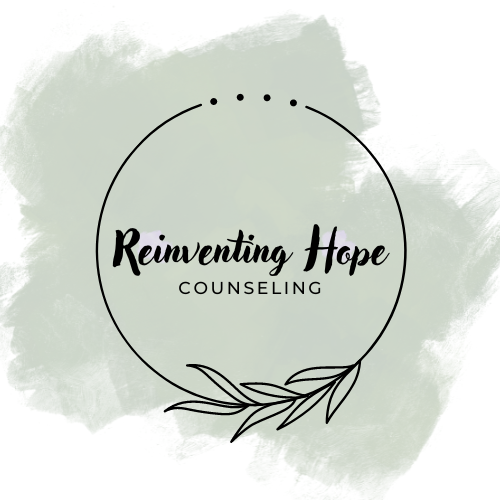What No One Told Me About Anxiety
The Unspoken Struggles of Anxiety: People-Pleasing, Body Symptoms, and Procrastination
No one told me that anxiety, that silent intruder of the mind, is a complex emotional experience that goes beyond simply feeling worried or stressed. While its well-known symptoms include racing thoughts and a pounding heart, there are lesser-known aspects of anxiety that often remain unspoken and I wasn’t aware of.
People-Pleasing: The Hidden Burden
While the desire to be liked and accepted is universal, anxiety can take people-pleasing to a whole new level. Those who suffer from anxiety may find themselves going above and beyond to ensure everyone around them is happy, often at the cost of their own well-being. The fear of disappointing others or being judged can lead to overcommitment and exhaustion. What's more, the constant need for validation can erode self-esteem and create a cycle of seeking external approval. This pattern often stems from past experiences of needing to appease for safety, even when it's no longer necessary.
Body Symptoms: When Anxiety Gets Physical
Anxiety doesn't merely affect the mind; it has a profound impact on the body as well. Rapid heartbeats, shallow breathing, and tense muscles are well-known manifestations of anxiety. However, lesser-discussed physical symptoms can include gastrointestinal distress, headaches, and even skin problems. Anxiety can amplify seemingly unrelated discomforts.
Procrastination: The Paralysis of Anxiety
Procrastination often gets dismissed as laziness, but for many people with anxiety, it's an intricate dance between the fear of failure and the fear of success. Anxiety can create an overwhelming fear of not meeting expectations, leading to a tendency to delay tasks. On the flip side, the prospect of success can evoke the "imposter syndrome," where individuals doubt their accomplishments and fear being exposed as frauds. This tangled web of emotions can result in a frustrating cycle of procrastination that's difficult to break free from.
The Roots of Anxiety: Trauma, Impulsivity, and Relaxation Confusion
Anxiety doesn't always arise in a vacuum. It can often be traced back to traumatic experiences or impulsive behaviors that have left lasting emotional imprints. Moreover, the inability to distinguish between relaxation and tension can further complicate the matter. Anxiety can arise when individuals struggle to identify moments of safety and calm, as their nervous systems remain in a constant state of alertness (we can even do things to continue this state including coffee and high intensity workouts).
Avoidance and Its Role
Anxiety can lead to a seemingly paradoxical behavior: avoidance. While it might seem counterintuitive, those dealing with anxiety often engage in avoidance tactics as a way to protect themselves from perceived threats. This avoidance can encompass both physical situations and emotional triggers, further limiting one's experiences and potential for growth.
A Normal Human Experience
Experiencing anxiety is a natural aspect of humanity—a survival mechanism passed down from our ancestors. However, anxiety's challenge arises from its tendency to misinterpret the future based on past experiences. This fuels a cycle of recurring fear and overwhelm that can feel unbreakable. While anxiety often masquerades as intuition, it's crucial to remember it's not always an accurate gauge of reality. This stems from anxiety's deeply ingrained nature, causing it to evoke fear even in non-threatening situations.
Anxiety recovery is possible and it starts with knowledge of how it shows up in our lives. Acknowledging these empowers individuals to question anxious thoughts and reshape their reactions. With the awareness that anxiety can stem from trauma, impulsive behaviors, relaxation confusion, and avoidance tendencies, individuals can embark on a journey of self-discovery and healing. Seeking professional help for anxiety treatment and building a support network can provide invaluable assistance in navigating these uncharted waters.
Remember, you have the power to rewrite the narrative of anxiety in your life.
Read more about anxiety HERE.
